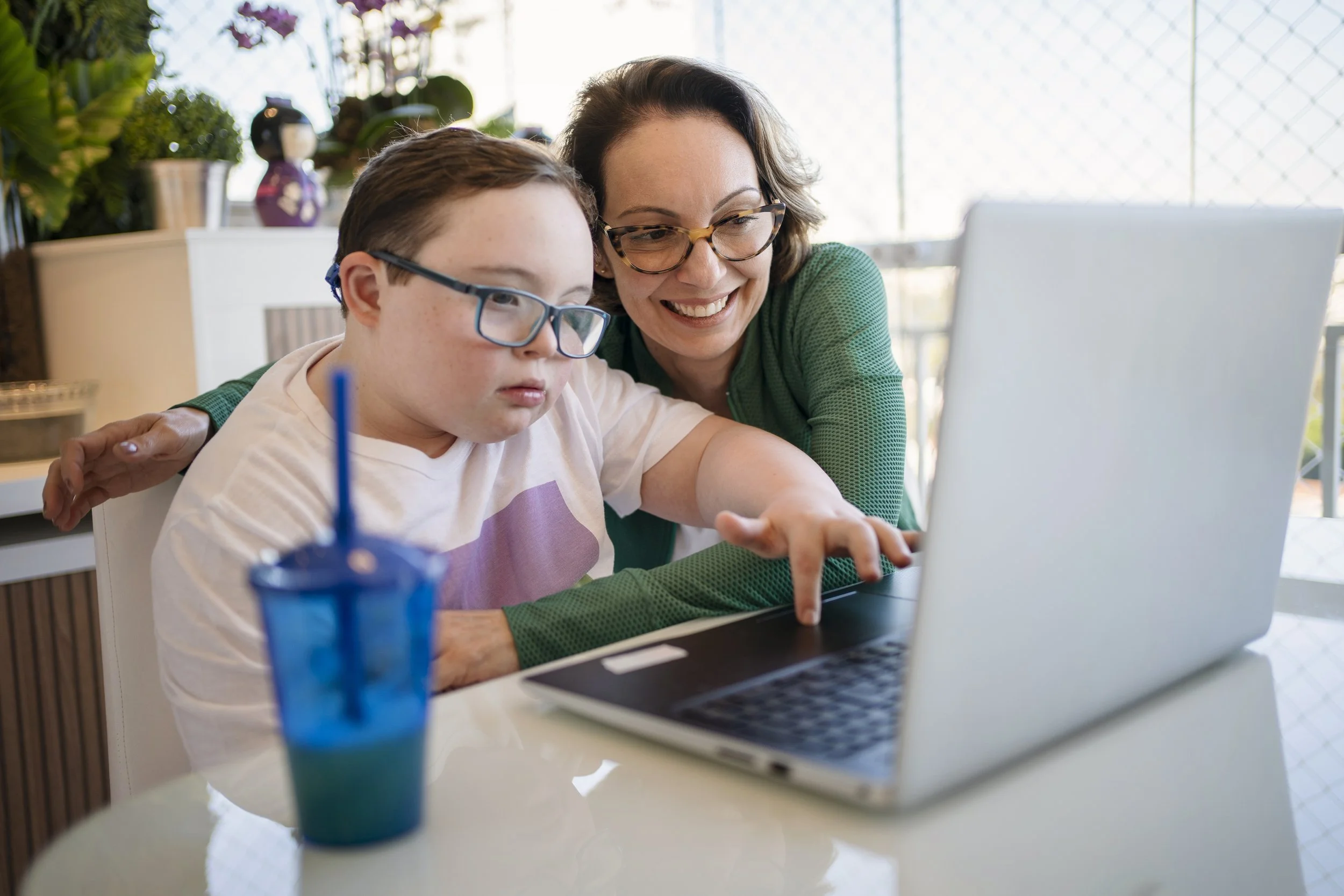Behind the care: the hidden toll on carers' health
Caring for a loved one is both rewarding and challenging, but it comes with significant risks to carers' health and wellbeing.
Palliative care not only focuses on improving the quality of life for patients but also provides crucial support to carers, who are often the unsung heroes. This support is essential, as findings from the Carers NSW 2022 National Carer Survey highlight the personal cost of caregiving:
Mental health strain: Almost half of carers reported experiencing high or very high levels of psychological distress.
Neglecting self-care: Two-thirds of carers have a chronic health condition, compared to only one-third of Australians overall.
Social isolation: More than half of carers feel socially isolated, which can further impact their emotional and mental wellbeing.
Strained relationships: The emotional toll of caregiving often leads to feelings of guilt, anger, grief, and frustration, leaving carers with lower satisfaction in their personal relationships, especially when their efforts go unrecognised.
Many carers also bear the full responsibility of caring for their loved ones alone, with little or no help from family or friends. One in four carers is caring for more than one person.
Unfortunately, the survey revealed that carers' needs are often overlooked by health services, which are more likely to focus on the care recipient. As a result, carers may not receive adequate support for their own wellbeing, leading to further strain on their health.
The role of gender in caregiving: The typical carer is often a woman of working age, not engaged in paid employment. This aligns with other research pointing to the gendered division of caregiving labour and the emotional load women often carry.
Risks for older carers: Research published in 2018 found that spousal carers, particularly older ones, are at increased risk of frailty, poor sleep, depression, and social isolation. These challenges can lead to a decline in their own health and even an increased risk of mortality.
The importance of bereavement support: Care doesn’t end with the death of the loved one. Bereavement can trigger prolonged grief, and without adequate support, carers may face mental and physical health challenges. GP practices and allied health professionals play a vital role in supporting carers through this process by offering check-ups, emotional support, and referrals to specialist services.
Building compassionate communities: Health systems and professionals are crucial in providing continuity of care to carers. Still, communities must also step up by fostering compassion, educating themselves about death, dying, and grief, and offering social support to those who have lost a loved one.
Carers give so much, often at the expense of their own health. This National Carer’s Week (13 - 19 October 2024) is the perfect time to recognise their role, provide the support they need, and help them safeguard their own wellbeing.
References
Carers NSW Australia. (2022). Impacts of caring. Retrieved from Carers NSW: https://www.carersnsw.org.au/about-caring/impacts-of-caring
Caresearch. (2024, June 27). Bereavement. Retrieved from Caresearch. Health Professionals: https://www.caresearch.com.au/Health-Professionals/General-Practitioner/Bereavement
Department of the Prime Minister and Cabnet. (2023, March 07). Women bear the burden of care. Retrieved from National Strategy to Achieve Gender Equality - Discussion Paper: https://www.pmc.gov.au/sites/default/files/resource/download/national-strategy-gender-equality-discussion-paper_0.pdf
Lacey, R. E. (2022, September). The mental and physical health of young carers: a systematic review. The Lancet Public Health, 7(9), E787-E796. Retrieved September 25, 2024, from https://www.thelancet.com/journals/lanpub/article/PIIS2468-2667(22)00161-X/fulltext
Lichtenthal, w. G., Roberts, K. E., Donovan, L. A., Breen, L. J., Aoun, S. M., Connor, S. R., & Rosa, W. E. (2024, March 13). Investing in bereavement care as a public health priority. The Lancet, 9(4), e270-e274. Retrieved 2024, from https://doi.org/10.1016/S2468-2667(24)00030-6
National Council on Aging. (2023, May 04). The Widowhood Effect: How to Survive the Loss of a Spouse. Retrieved from Social Isolation & Loneliness for Older Adults: https://www.ncoa.org/article/the-widowhood-effect-how-to-survive-the-loss-of-a-spouse
Palliative Care Australia. (2024, June 27). I am a Health care Professional. Retrieved from Palliative Care Australia: https://palliativecare.org.au/im-a-health-professional/
Potier, F. D. (2018, April 26). Spousal Caregiving is Associated With an Increased Risk of Frailty: A Case-Control Study. The Journal of Fraility & Aging, pp. 170-175.
Royal Australian College of General Practitioners. (2024, June 27). palliative and end-of-life care. Retrieved from RACGP aged care clinical guide (Silver Book): https://www.racgp.org.au/clinical-resources/clinical-guidelines/key-racgp-guidelines/view-all-racgp-guidelines/silver-book/part-a/palliative-care#ref-num-49
